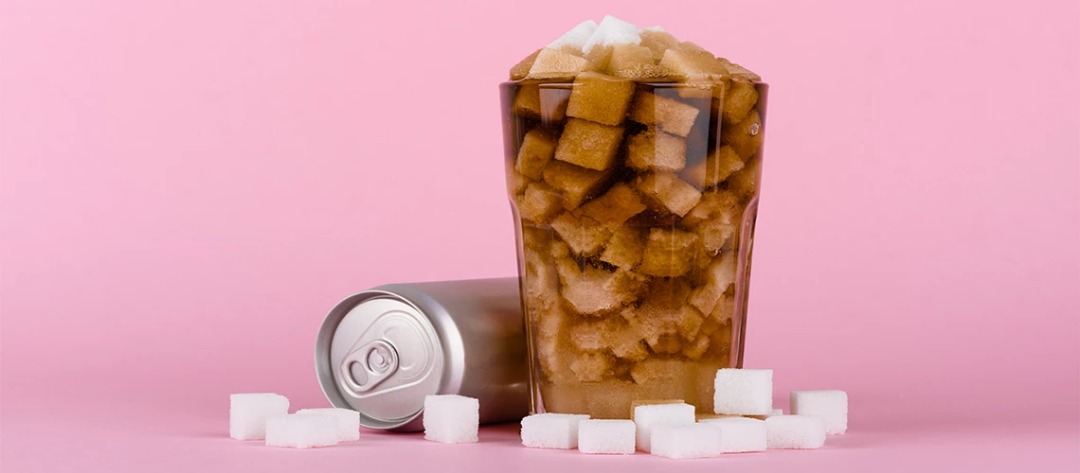By Simeon OSAJIE
The World Health Organisation (WHO) has advised Nigeria and other member countries to raise the prices of sugary drinks, alcohol and tobacco by 50 per cent through taxation over the next 10 years, to help curb rising non-communicable diseases (WHO).
In a statement published on its website, the United Nations (UN) health agency expressed confidence that the move would help cut consumption of the products, which contribute to diseases like diabetes and cancers, as well as generate critical public health revenue.
The call is part of WHO’s “3 by 35 Initiative”, a global effort to increase the real prices of any or all of three unhealthy products – tobacco, alcohol, and sugary drinks (including SSBs) by at least 50 percent by 2035 through tax increases, while taking into account each country’s unique context.
WHO said the Initiative comes at a time when health systems are under enormous strain from rising NCDs, shrinking development aid and growing public debt.
The consumption of tobacco, alcohol, and sugary drinks is fueling the NCD epidemic. NCDs, including heart disease, cancer, and diabetes, account for over 75% of all deaths worldwide. A recent report shows that a one-time 50% price increase on these products could prevent 50 million premature deaths over the next 50 years.
“Health taxes are one of the most efficient tools we have,” said Dr Jeremy Farrar, Assistant Director-General, Health Promotion and Disease Prevention and Control, WHO. “They cut the consumption of harmful products and create revenue governments can reinvest in health care, education, and social protection. It’s time to act.”
The Initiative has an ambitious but achievable goal of raising US$1 trillion over the next 10 years. Between 2012 and 2022, nearly 140 countries raised tobacco taxes, which resulted in an increase of real prices by over 50 per cent on average, showing that large-scale change is possible.
From Colombia to South Africa, governments that have introduced health taxes have seen reduced consumption and increased revenue. Yet many countries continue to provide tax incentives to unhealthy industries, including tobacco. Moreover, long-term investment agreements with industry that restrict tobacco tax increases can further undermine national health goals. WHO encourages governments to review and avoid such exemptions to support effective tobacco control and protect public health.
Strong collaboration is at the heart of the “3 by 35” Initiative’s success. Led by the WHO, the Initiative brings together a powerful group of global partners to help countries put health taxes into action. These organisations offer a mix of technical know-how, policy advice, and real-world experience. By working together, they aim to raise awareness about the benefits of health taxes and support efforts at the national level.
Many countries have expressed interest in transitioning toward more self-reliant, domestically funded health systems and are turning to the WHO for guidance.
The “3 by 35” Initiative introduces key action areas to help countries, pairing proven health policies with best practices on implementation. These include direct support for country-led reforms with several goals in mind, such as:
Cutting harmful consumption by reducing affordability: Increase or introduce excise taxes on tobacco, alcohol, and sugary drinks to raise prices and reduce consumption, cutting future health costs and preventable deaths.
“Raising revenue to fund health and development; Mobilise domestic public resources to fund essential health and development programmes, including universal health coverage.
“Building broad political support across ministries, civil society, and academia; Strengthen multisectoral alliances by engaging ministries of finance and health, parliamentarians, civil society, and researchers to design and implement effective policies.”
WHO added that it was “calling on countries, civil society, and development partners to support the ‘3 by 35’ Initiative and commit to smarter, fairer taxation that protects health and accelerates progress toward the Sustainable Development Goals.”
In Nigeria, the National Sugar Tax Coalition has advised the Nigerian government to implement the findings of a simulation study, which found that the country would save thousands of Nigerians from SSB-induced NCDs by increasing the SSB tax from the current N10 per litre to N130 per litre.
